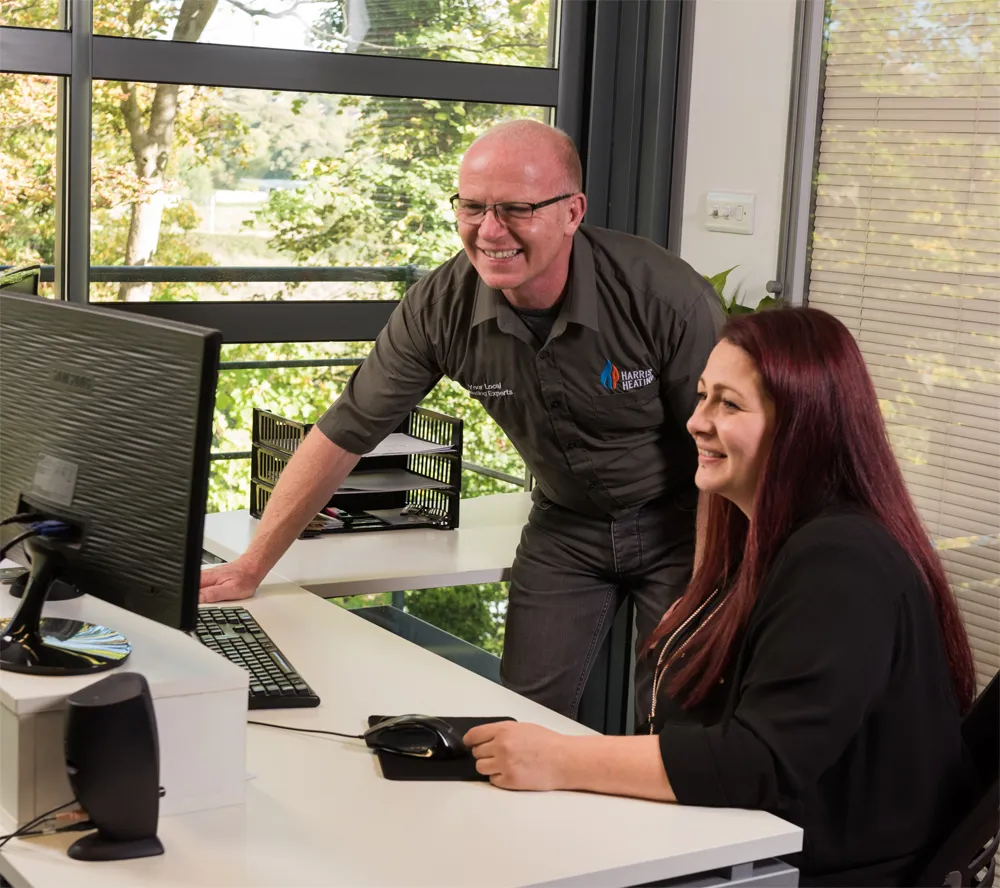Introduction
When it comes to home heating, choosing the right boiler is just half the battle; selecting the perfect location for your new boiler install is equally important. A well-placed boiler can enhance efficiency, accessibility, and safety while minimizing potential issues down the line. Whether you're a homeowner looking to upgrade your heating system or a contractor guiding a client through this process, understanding how to choose the right location for your new boiler install can save you time and money.
In this comprehensive guide, we’ll delve into the nitty-gritty of boiler installation locations. From evaluating space constraints to complying with regulations, we've got you covered—so let’s get started!

Understanding Your Boiler Options
Types of Boilers Available
Before even thinking about where to install your new boiler, it’s crucial to understand what types of boilers are available. Common options include:

Why Does Type Matter?
The type of boiler influences its placement due to size and function. For instance, combi boilers can fit snugly in small spaces, while regular boilers may need more room due to additional components like tanks.
Key Features to Consider
While evaluating different types of boilers, also consider features such as energy efficiency ratings and warranty options. Energy-efficient models can reduce your monthly utility bills and provide long-term savings.
How to Choose the Right Location for Your New Boiler Install
Choosing the right location for your new boiler install involves several factors:
Space Availability
First things first—measure the space where you plan to install your boiler. You'll want enough room not just for the unit itself but also for maintenance access.
Minimum Space Requirements
- Front clearance: At least 600mm Side clearance: Minimum of 300mm Above clearance: Generally about 1 meter
Access and Maintenance Considerations
Easy access is essential not only during installation but also for future maintenance or repairs. A tight spot might save space now but could complicate any necessary plumbing services later on.
Safety Regulations and Compliance
Different localities have various codes governing boiler installation. Be sure to check local building regulations regarding:
- Ventilation requirements Clearance distances from combustible materials Electrical connections
Ignoring these rules could lead to costly penalties or unsafe conditions.
Consulting Professionals
It’s always wise to consult licensed plumbers or heating engineers familiar with local codes when determining compliance needs.
Indoor vs Outdoor Installation Locations
Pros and Cons of Indoor Installations
Installing a boiler indoors has its benefits but also drawbacks:
Pros:
- Protected from weather elements. Easier access for maintenance.
Cons:
- Takes up indoor space. Potential noise issues if poorly located.
Pros and Cons of Outdoor Installations
On the flip side, outdoor installations also come with their own set of advantages and disadvantages:
Pros:
- Frees up indoor space. Often quieter operation indoors.
Cons:
- Exposure to weather conditions may affect longevity. Requires additional insulation and protection measures.
Ventilation Needs When Choosing Boiler Location
Proper ventilation is paramount when selecting a location. Poor ventilation can lead to dangerous situations such as carbon monoxide buildup or inefficient operation.
Types of Ventilation Systems
Natural Ventilation: Uses air pressure differentials; simple but less reliable in some situations. Mechanical Ventilation: Utilizes fans; more effective in ensuring proper air flow but requires electricity.Environmental Considerations in Boiler Placement
Noise Pollution Issues
Boilers can be noisy—especially older models—so consider placing them away from living areas or bedrooms if Boiler Installation possible.
Impact on Aesthetics & Design Flow
If you're concerned about how a bulky unit will impact your home's interior design, think about integrating it into utility rooms or basements where it's less visible yet still accessible.
Potential Challenges with Boiler Location Selection
Common Installation Problems
Some common challenges when choosing where to place a new boiler include:
Limited Space Inadequate Wiring or Plumbing Access Obstructed Ventilation PathsUnderstanding these can help you avoid headaches later on!
Making Use of Technology in Location Planning
In today’s digital age, leverage technology tools like CAD software or online calculators that help visualize boiler placements according to specifications and environmental factors.
FAQs About Boiler Installation Locations
1. Can I install my boiler anywhere?
No! There are specific regulations regarding clearances from walls and other appliances that must be adhered to ensure safety and functionality.
2. What happens if I choose an improper location?
An improperly placed boiler may lead to inefficiencies, increased costs on repairs, gas leaks, or even fire hazards!
3. Should I consider future renovations when installing my boiler?
Absolutely! Future renovations should inform current decisions; otherwise, you may face expensive relocations down the line.
4. How often should I service my installed boiler?
Typically once a year is recommended by professionals; regular servicing ensures efficient operation and identifies potential issues early on.
5. Can I DIY my installation?
While minor adjustments may be feasible, it’s advisable always to hire professional plumbing services for installations due to safety concerns and compliance needs!
6. What features should I look at before making a final decision?
Look into energy efficiency ratings, type (combi vs regular), warranty options, ease of access for maintenance, noise levels, etc., before making any decisions!
Conclusion
Choosing the right location for your new boiler install is essential—not only does it impact efficiency but also safety and convenience in daily operation! By considering factors such as space availability, ventilation needs, regulatory compliance, and even future renovation plans—you can make informed decisions that will serve you well in years ahead!
Remember that consulting professionals like licensed plumbers can provide invaluable insights tailored specifically for your situation! So don’t hesitate—take action today by planning out that perfect spot for your new heating system!
By thoughtfully approaching how you choose the right location for your Heating Engineer Yeadon new boiler install—and avoiding common pitfalls—you'll ensure a smooth experience as well as long-term peace of mind!